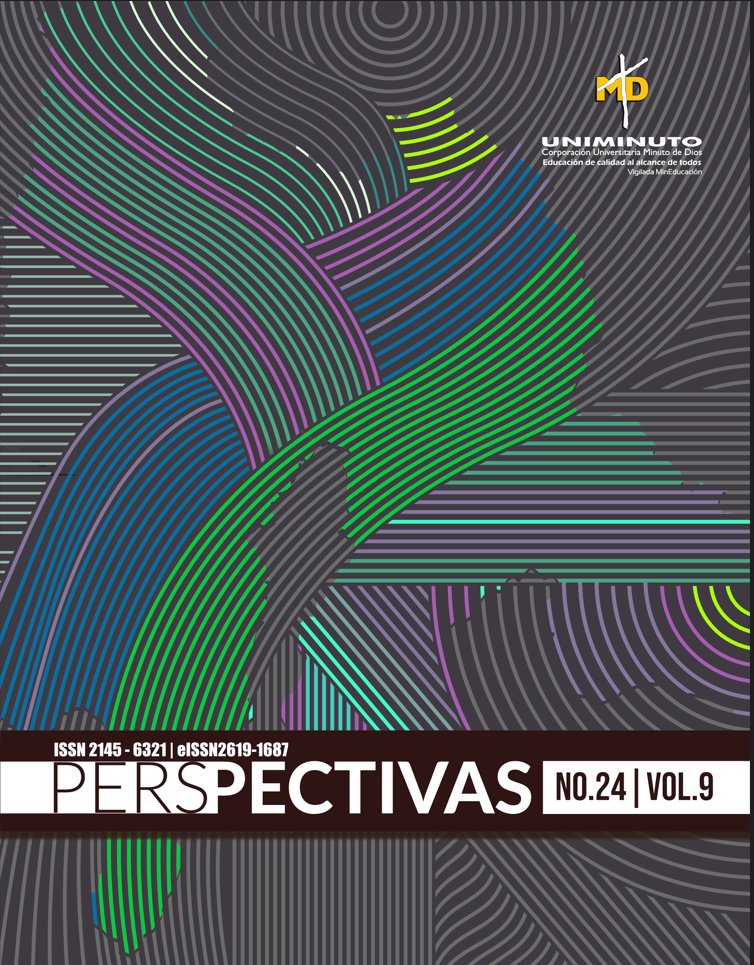Educar desde la cultura científica: un imperativo para la sociedad del conocimiento
Contenido principal del artículo
Resumen
La importancia de la cultura científica ha crecido con el avance tecnológico y la inteligencia artificial. Esta cultura abarca el conocimiento, actitudes y valores sobre la ciencia y el progreso científico, destacando la educación como pilar fundamental en su promoción. El fomento del pensamiento crítico y la comprensión de los principios científicos se refleja en iniciativas educativas como museos de ciencias y programas de divulgación científica, que permiten a las personas interactuar con conceptos de forma accesible y lúdica.
La alfabetización informacional es crucial para valorar, analizar y utilizar de manera efectiva la información disponible en el ámbito científico, enriqueciendo el pensamiento crítico y promoviendo una ciudadanía informada. La accesibilidad a diversas fuentes de información facilita la comprensión de conceptos complejos y democratiza el conocimiento científico a personas fuera del ámbito académico, promoviendo así una cultura más amplia de discusión y entendimiento científico en la sociedad.
La incorporación de la alfabetización informacional en la educación formal crea un puente entre la ciencia y la sociedad, fomentando la cultura de indagación desde una temprana edad. Así, se mejora el rendimiento académico y se cultiva un interés por la ciencia, preparando a los estudiantes para abordar los desafíos de la sociedad de manera crítica y responsable. Además, en la educación superior, una cultura científica impulsa un nuevo paradigma educativo basado en la indagación y el descubrimiento, fomentando la adquisición de habilidades técnicas y el desarrollo personal y social.
Formar estudiantes con una cultura científica les dota de habilidades para abordar problemas complejos de manera innovadora, desarrollar proyectos y trabajar en equipo, habilidades altamente valoradas en todos los sectores. Esto les permite convertirse en agentes de cambio en sus comunidades y en la sociedad en general. La capacidad de buscar y gestionar información de manera efectiva, así como de procesar información documental y realizar resúmenes, son habilidades esenciales en el ámbito académico y profesional.
Educarse desde una cultura científica no solo beneficia a los estudiantes, sino que también les capacita para apoyar a sus pares y a investigadores noveles, promoviendo comunidades académicas colaborativas. En una sociedad del conocimiento, la educación y la promoción de la cultura científica son fundamentales para el desarrollo integral de los individuos y para enfrentar los retos de manera crítica y responsable en un mundo cada vez más digitalizado y competitivo.
Detalles del artículo
Número
Sección

Esta obra está bajo una licencia internacional Creative Commons Atribución 4.0.
Cómo citar
Referencias
Appel, S. (2019). Geospatial information literacy instruction: Frameworks, competency, and threshold concepts. Journal of Map & Geography Libraries, 15(2-3), 134-151. https://doi.org/10.1080/15420353.2020.1760175
Condon, P. B., y Pothier, W. G. (2022). Advancing data literacy: Mapping business data literacy competencies to the ACRL framework. Journal of Business & Finance Librarianship, 27(2), 104-126. https://doi.org/10.1080/08963568.2022.2048168
Galarza, A. M. (2020). Estrategia de búsqueda de información científica aplicada al reintegro laboral de personas con discapacidad. Universidad y Salud, 22(2), 186-197. https://doi.org/10.1590/2318-0889202234e210069
Lima, G. D., y Giordan, M. (2021). Da reformulação discursiva a uma práxis da cultura científica: reflexões sobre a divulgação científica. História, Ciências, Saúde-Manguinhos, 28(2), 375-392. https://doi.org/10.1590/S0104-59702021000200003
Sanz, M. (2022). Evolución de la producción científica sobre servicios de atención de salud a domicilio: análisis bibliométrico Medline versus Embase. Hospital a Domicilio, 6(4), 109-117. http://doi.org/10.22585/hospdomic.v6i4.173

